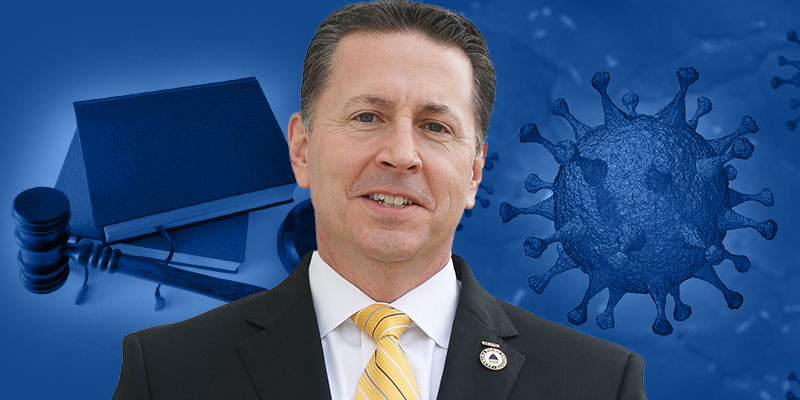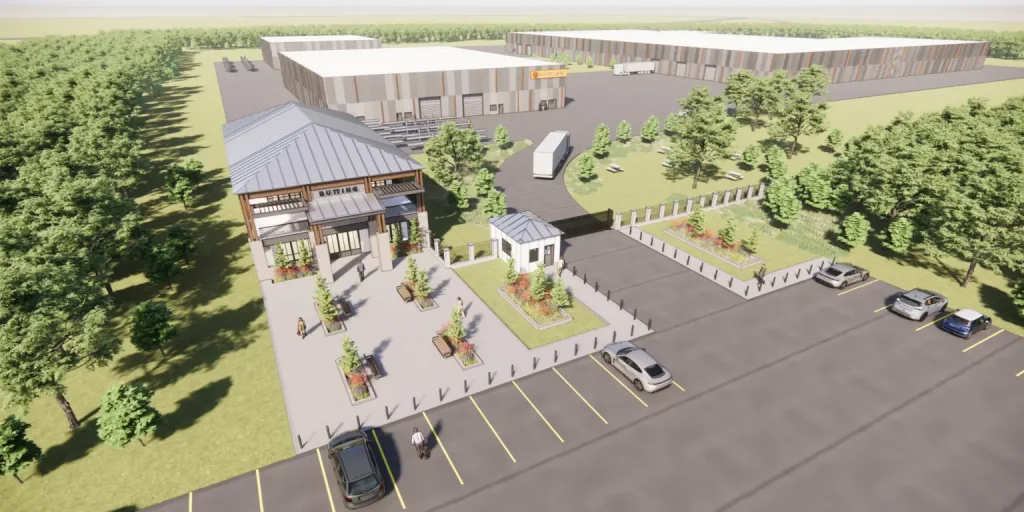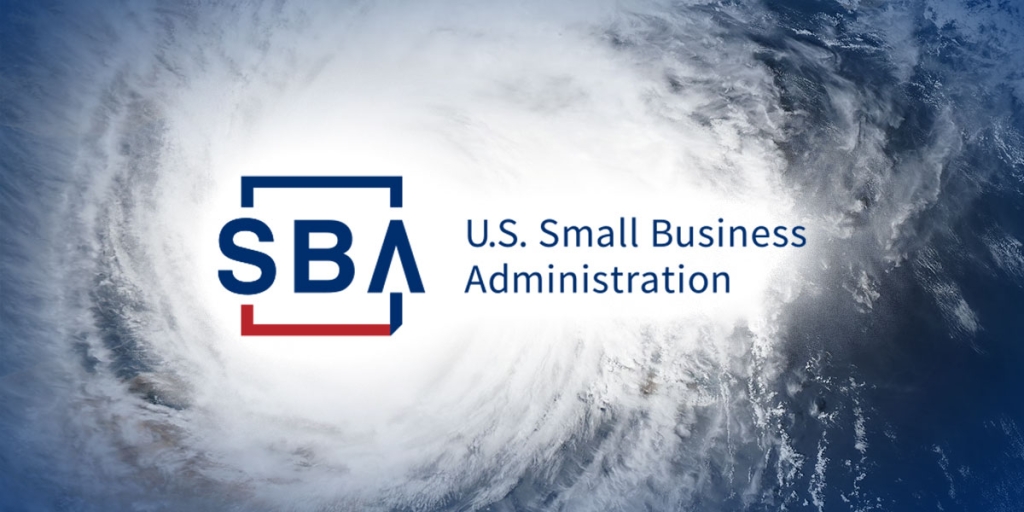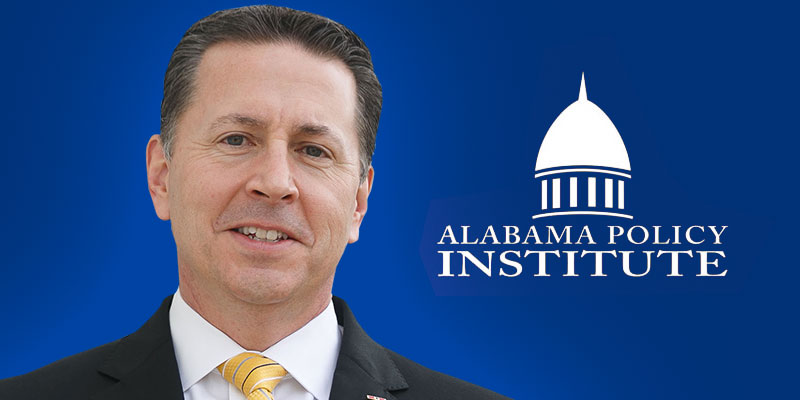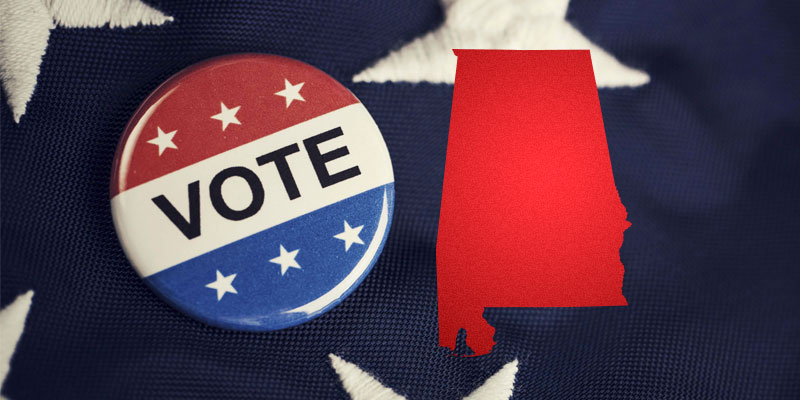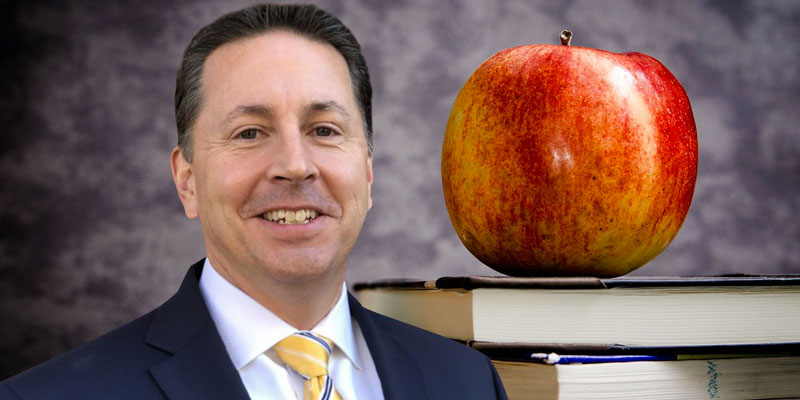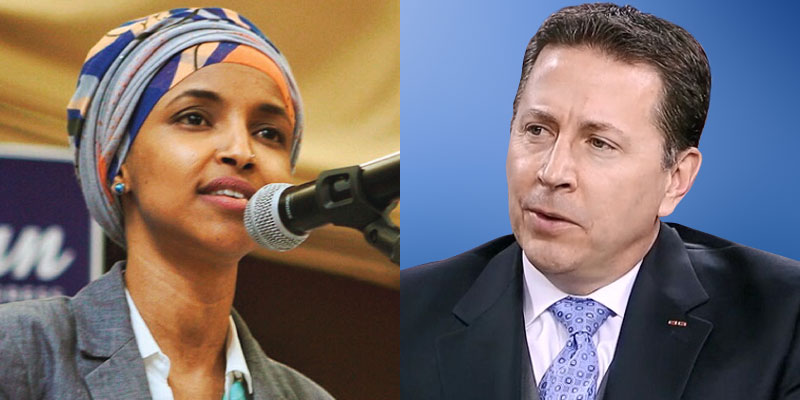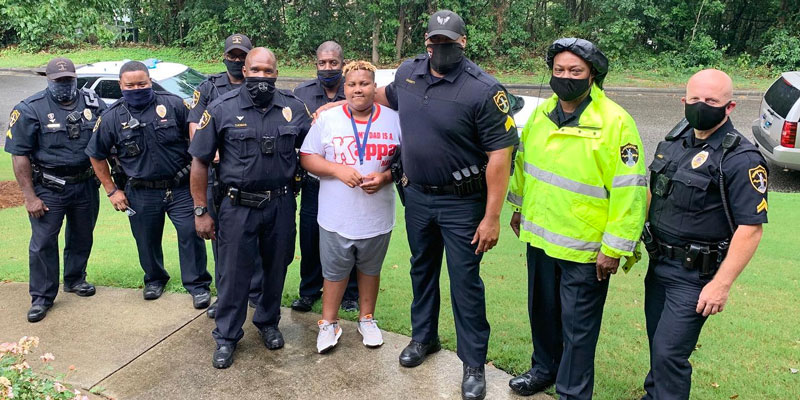I don’t know if you’ve ever had the displeasure of being at sea when a major storm develops. It is disconcerting, to say the least. As the deck pitches and rolls, the mental review of the all-hands disaster planning takes place in the mind. Pulling into a safe harbor and putting feet on dry land is a multi-layered relief.
In Alabama, we have a legal storm brewing on the horizon and businesses, churches, hospitals and non-profits are all sailing directly into the maelstrom.
2020 has sucked the life out of businesses across the nation, and Alabama is no different. The effects of having our economy forcefully shut down by the government have left many employers and their employees reeling and some have already called it quits for good. As of July 30th, Business Insider magazine reported that U.S. GDP plunged 33% in the second quarter, all of which was self-imposed.
As we begin to come to grips with the pandemic and its economic fallout, government leaders are under a literal duty to do all that is possible to rekindle our flagging economy and to ensure that the second and third order effects of coronavirus fallout don’t serve to destroy what’s left. One of those very real side effects is a legal environment that stokes the flames of “jackpot justice” and allows businesses, churches, hospitals and non-profits to be subjected to frivolous coronavirus tort litigation.
Don’t think for a second that it won’t happen. It was in recent memory that Alabama was lampooned in the national media as “tort hell.” Certain communities in this state saw the railroads pull up their tracks, restaurants close down, and factories move elsewhere, because the legal environment was no longer just and impartial. We’ve come a long way since then.
But as we speak, I would lay strong odds that there are lawsuits being pondered that should never be allowed the light of day. Imagine if you will that someone contracts COVID-19 and decides that their barber didn’t have his mask on well enough. Lawsuit. Or that someone went to church and realized that there was someone singing hymns close by who took off their mask. Lawsuit. What if a factory calls its people back to work and despite taking reasonable precautions they have an outbreak in the workforce. Lawsuit.
Suddenly, everyone is filing claims on their liability policy or, worse yet, filing bankruptcy because they cannot sustain the litigation.
Now let’s be clear, I am not saying that aggrieved citizens should not be given their day in court if they have a cognizable claim for damages that is the proximate result of someone’s actions or omissions. I am a lawyer myself. I litigate claims as needed on a regular basis and I affirm that the first rule of civil procedure is to afford every claimant “the just, speedy, and inexpensive” adjudication of their claim.
The question is one of proof. Coronavirus has affected us all, whether physically, economically, or both. To bring someone into court for that damage a plaintiff had better be darn sure that they can meet the requisite standards, or burden of proof.
Enter what State Senator Arthur Orr brought before the legislature in the recent regular session which was known then as Senate Bill 330. SB330 specifically ascribed that a claimant in litigation for a coronavirus related lawsuit must have a burden of proof that met the standard of clear and convincing evidence. For those who don’t practice law that basically means that bare-bones accusations are not enough – you best know what you mean and have the unadulterated means of proving it.
SB330 should already be law. The Alabama State Senate took the matter up and passed it without difficulty. But for reasons known to themselves the Alabama House saw fit to adjourn the Session without giving SB330 any debate.
The Alabama Policy Institute has been on the record now for some time advocating for the governor to call the legislature back into a Special Session solely related to the needs of the State in the wake of the coronavirus. In doing so API has published its 6-point RESTORE Alabama Plan for such a legislative session and the first order of business in the plan is SB330.
Interestingly enough, on the second page of Senator Orr’s original bill, it actually states “providing such a safe harbor to businesses that operate reasonably consistent with applicable public health guidance will help ameliorate the social harms of a closed economy and the resulting unemployment.”
Just such a safe harbor is what we need in the face of an oncoming legal storm.
Phil Williams, API Director of Policy Strategy and General Counsel, is a former State Senator from Gadsden. For updates, follow him on Twitter at @SenPhilWilliams and visit alabamapolicy.org.




